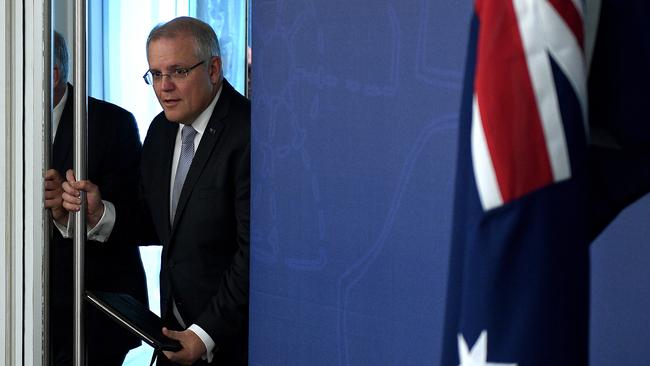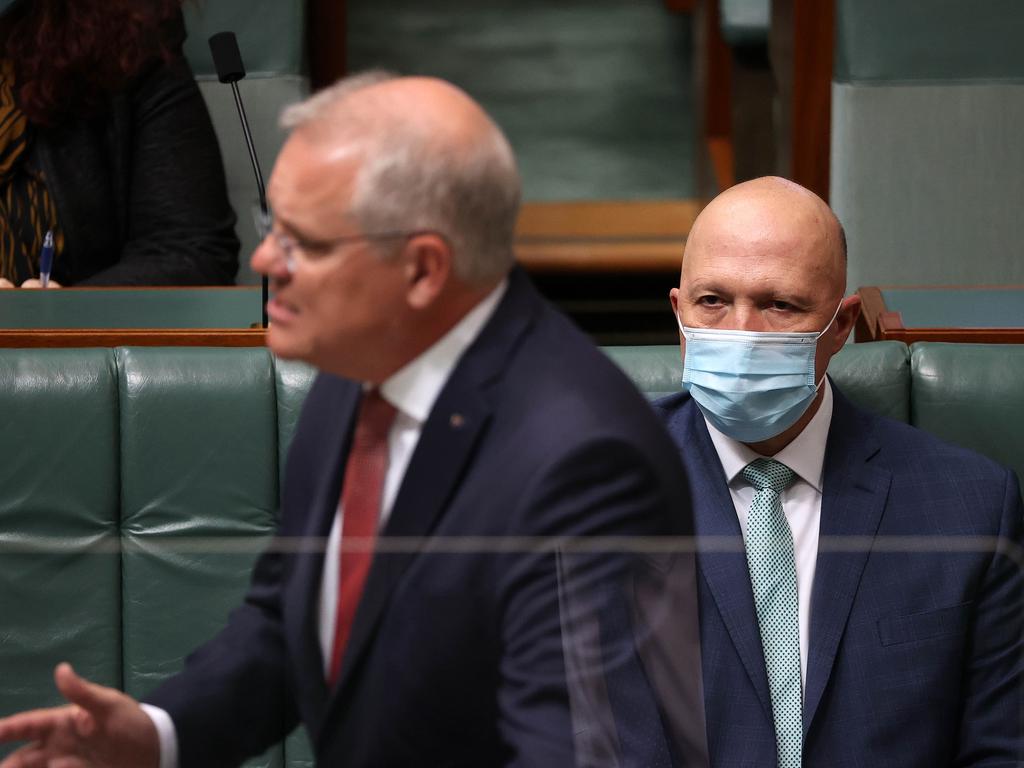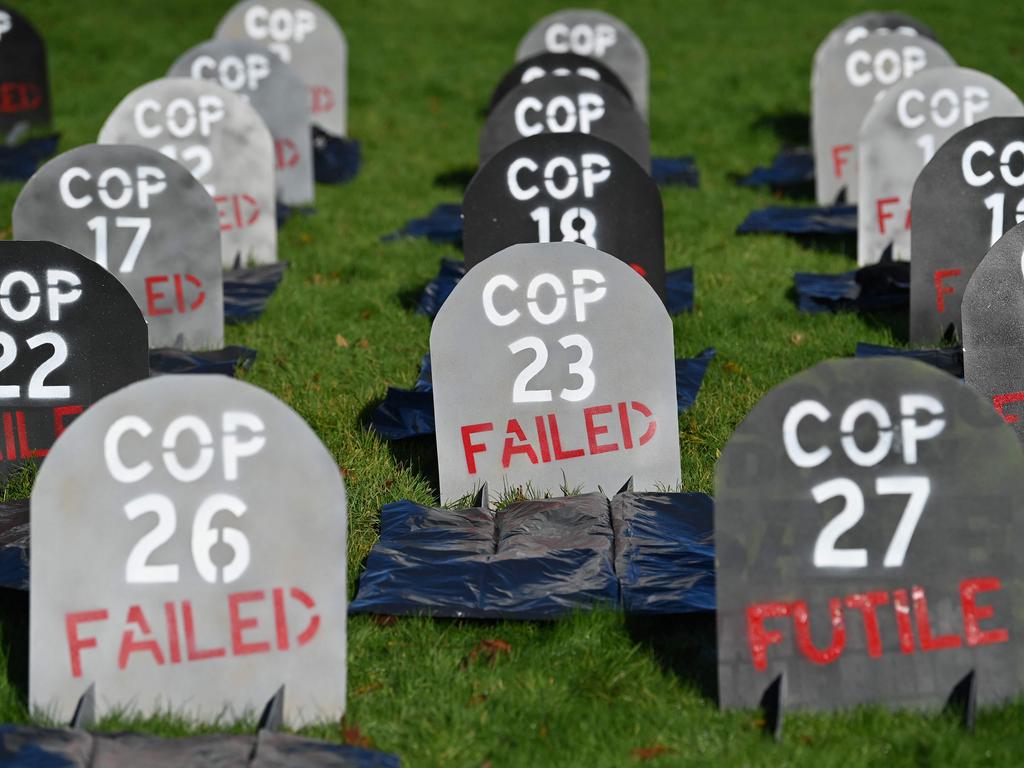Woeful religious freedom laws don’t fit the bill
Having a religious tsar decide what and what isn’t religious sounds suspiciously like something the communist Chinese already have.

Consequently, when it became clear that many people living in western Sydney whose origins are not in the Anglophone West – and who represent a growing national demographic – had voted against gay marriage, many politicians panicked about the influence of religion.
As a result, the Right, led by a Pentecostal Christian prime minister attempting to dampen the hostility and vilification aimed at supporters of the No case – and reinforce his own bona fides – promised a religious anti-discrimination bill. Meanwhile the Left, trying to shore up dwindling support and give these religious people a bone to keep them satisfied, agreed to the same tactic.
That is all the religious discrimination bill is: a tactic.
Unfortunately, in the current climate of ideological warfare – in which Catholic Archbishop of Hobart Julian Porteous was dragged before an anti-discrimination tribunal just for enunciating Catholic doctrine on marriage to children in Catholic schools – religious leaders feel so beleaguered that they have decided to accept this bill. They feel it is the best that they can get.
But religious liberty already trumps anti-discrimination laws. The real problem is the extra-legal human rights apparatus that is itself negating the constitutional and human rights we already have. There has never been a need in Australia to have legislation about discrimination on the grounds of religion because we have freedom of religious expression and worship as part of our constitutional DNA inherited from our British forebears. It is even enshrined in our international instruments.
The idea of religious protection was born solely because of that referendum campaign. The onslaught of the ideological warriors was unrelenting.
Personal vilification, attacks on church property and cancelling of lay family-based group conferences were only part of it. Added to that is the ongoing continual preoccupation with sexual politics that seems to threaten many freedoms, including speech and religious education in religious schools.
Porteous’s case was a modern world first, the most dangerous threat to religious liberty in this country yet. And even though it was suspended, the process itself was the punishment.
Likewise, Lyle Shelton, the former head of the Australian Christian Lobby, was taken to the ACT Human Rights Commission because he too did not toe the line on marriage.
At least this bill might have the effect of protecting someone like the archbishop, even though it could pit the religious anti-discrimination provisions against the gender-fixated human rights provisions. Therein lies scope for more legislation and legal imbroglios.
The second problem is the widespread attempt to smother the Judaeo-Christian ethics that govern much of our public and private lives, bringing freedom of expression under the aegis of discrimination or vilification.
This was Israel Folau’s predicament with the commissars of rugby and its sponsors. He did nothing illegal and he should not have been sacked. Nevertheless, this bill probably will not protect him or others like him, despite his religious views.
So, whether in the case of a public person such as the archbishop, or in a private capacity, the so-called human rights apparatus negated the religious freedom protection that both cases previously enjoyed. The case of the archbishop might be different if this legislation is passed but the Folau exemption has been thrown out, despite Folau’s religious motivation.
So, a problem remains. What is and isn’t religious? This bill betrays a shallow view of religion. Fundamentally, the bill fails to recognise that religion is not a set of doctrines and rubrics. Religion is not just about religious practice. It can be deeply felt and reinforced by practice, but it also can be cultural and have a lifelong and indeed subtle effect on conscience, whether one practices religion or not. And that is where the bill really collapses. The bill does not protect freedom of conscience.
It will not protect a medical person who decides for conscientious reasons, whether based in religion or medical ethics, that they cannot participate in an abortion or participate, even indirectly, in euthanasia. State laws that allow these things are being used to overcome conscientious objection by individuals and whole institutions, most of which are religiously based. The bill has specifically excluded these cases.
The one thing this bill might do is to protect the staffing of religious schools on the grounds of sympathy with the schools’ ethos. However, that seems to be about the only protection that religious institutions will have – although, in these days of Safe Schools, most parents might be more interested in what children are actually being taught than by whom.
Obviously, a religious anti-discrimination bill would not be necessary if we did away with the human rights apparatus. Instead, the proposal is for another extra judicial apparatus with yet more indefinable rights and yet another rights tsar, a religious discrimination commissioner.
Who this religious commissioner could be and what qualifications that person might have is a mystery. But having a religious tsar to finally decide what and what isn’t religious sounds suspiciously like something the communist Chinese already have.







This week the religious discrimination bill was introduced into parliament. Australians have a narrowly focused view of religion based on the current state of Christianity in the developed Anglophone West. They forget that the world is not the Anglophone West, and religion is the prime motivating force in the world. It can be deeply cultural.